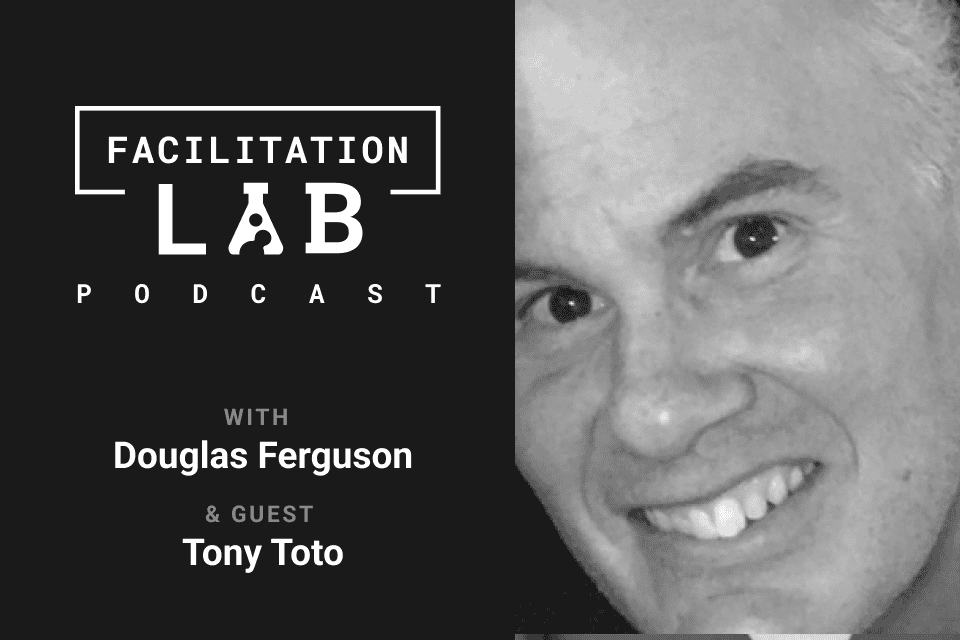
Mastering change management is critical for HR professionals navigating today's evolving business environment. At Voltage Control, we focus on empowering organizations to manage transitions while keeping employees engaged. This article explores best practices HR teams can leverage to address key responsibilities such as crafting clear change visions, developing plans, and addressing employee concerns. By implementing effective strategies like employee training and structured approaches, HR can foster buy-in, reduce resistance, and ensure smooth transitions, supporting long-term organizational success.








